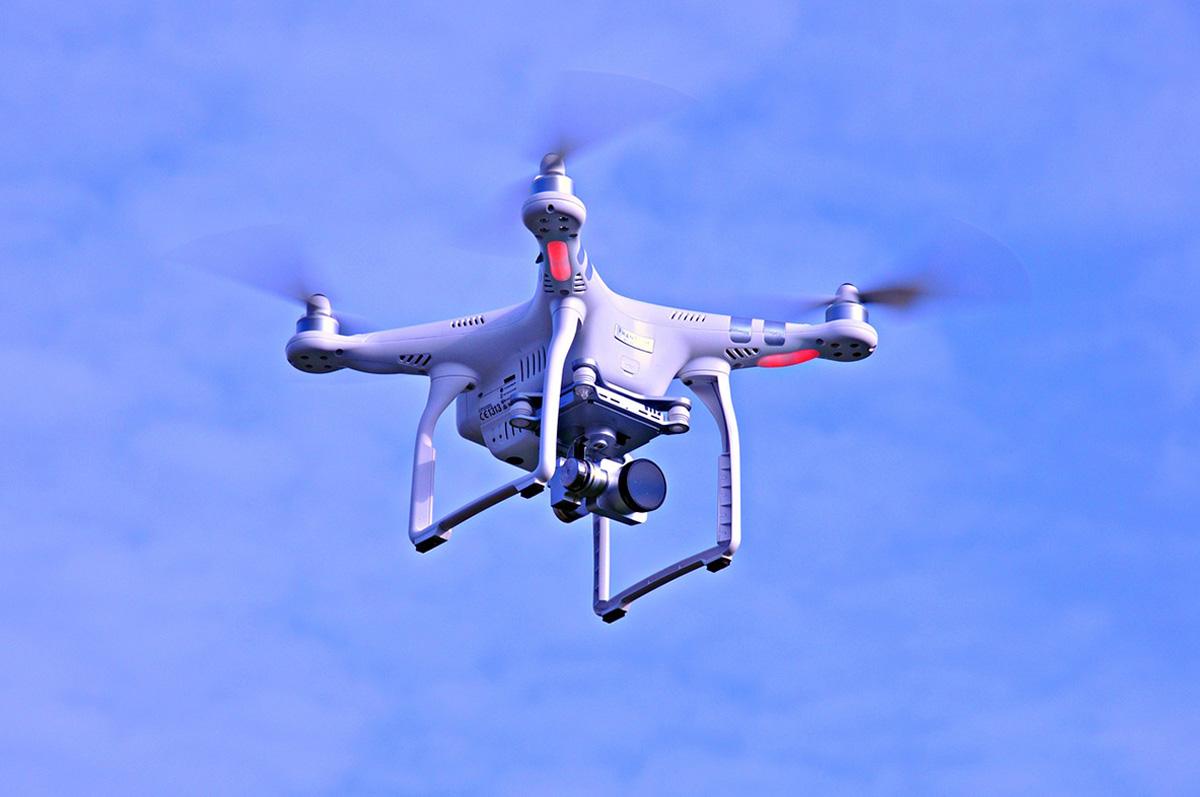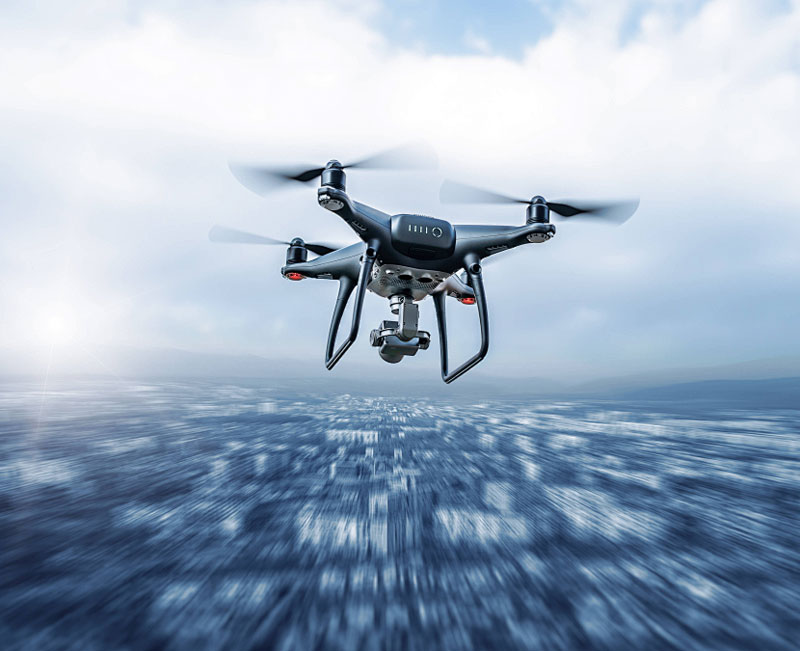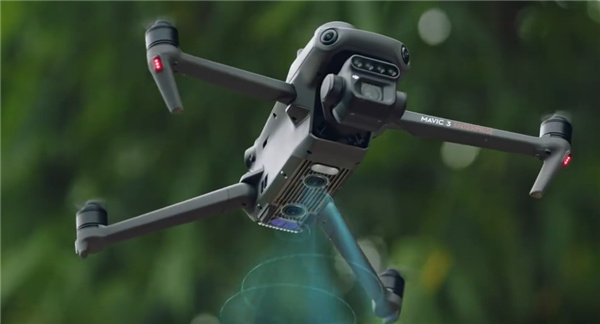Drone warfare has rapidly evolved from a futuristic concept to a critical component of modern defense strategies. The term “drone warfare” refers to the use of unmanned aerial vehicles (UAVs) in military operations, where they serve various roles, from reconnaissance to direct combat engagement. As technological advancements continue to drive innovation in this field, nations around the globe are rethinking their defense infrastructures to accommodate these shifts. Understanding the implications and future directions of drone warfare is essential for policymakers and defense strategists.
At the forefront of drone development are advanced UAV technologies designed for enhanced autonomy and precision. These drones can execute missions with minimal human intervention, making them invaluable in situations where human presence could be risky or impractical. Drone warfare facilitates the collection of real-time data, enabling military forces to make informed decisions quickly and accurately. The integration of artificial intelligence and machine learning algorithms is expanding the capabilities of drones, allowing them to intelligently analyze data and adjust flight patterns autonomously.
Innovations Transforming Drone Warfare
The innovations in drone warfare are manifold. Firstly, the miniaturization of technology has led to the development of micro-drones that can perform reconnaissance missions in inaccessible or dangerous locations. These drones are often equipped with sophisticated cameras and sensors, providing high-resolution imagery and sensory data for battlefield analysis. Furthermore, swarm technology is revolutionizing tactical operations. Swarms of drones can work in concert to overwhelm defenses, cover large areas, or execute complex maneuvers collaboratively, presenting new strategic possibilities.
In addition to military applications, drone warfare has significant implications for geopolitical power dynamics. Countries investing heavily in drone technology may gain strategic advantages over less technologically advanced rivals. Nations are compelled to consider the ethical and legal ramifications of autonomous drones, especially concerning decisions made without human oversight. This raises questions about accountability in warfare and the potential for unintended consequences.
Impacts on Global Security
The impact of drone warfare on global security is substantial. With increased deployment of drones in conflict zones, governments can achieve objectives more efficiently and reduce casualties, potentially lowering the financial cost of war. However, the anonymity and remote nature of drone strikes can exacerbate tensions, creating political backlash domestically and internationally. Anti-drone technologies are simultaneously emerging, as adversaries develop systems to counteract drone advantages, leading to an arms race that intensifies global security challenges.
on global security is substantial. With increased deployment of drones in conflict zones, governments can achieve objectives more efficiently and reduce casualties, potentially lowering the financial cost of war. However, the anonymity and remote nature of drone strikes can exacerbate tensions, creating political backlash domestically and internationally. Anti-drone technologies are simultaneously emerging, as adversaries develop systems to counteract drone advantages, leading to an arms race that intensifies global security challenges.
Furthermore, discussions on international law and the regulation of drone usage are becoming increasingly urgent. The existing legal frameworks struggle to accommodate the nuanced nature of modern warfare facilitated by drones. As drone warfare penetrates national borders and impacts civilian populations, establishing comprehensive international treaties to govern the deployment and use of UAVs becomes imperative.
Looking Forward: Future Directions
As we look to the future, advancements in stealth technologies will likely make drones harder to detect, increasing their effectiveness in penetration missions. Electromagnetic pulse (EMP) protection and cybersecurity enhancements will ensure that drones remain resilient against electronic warfare tactics. Future UAV models may also incorporate novel propulsion systems, extending their range and operational capabilities.
Drone warfare will continue integration with other emerging technologies, such as augmented reality (AR) and virtual reality (VR), to improve situational awareness and pilot training. The real-time front-line application of these technologies will offer immersive experiences, allowing commanders and soldiers to visualize battlefields and strategize more effectively.
The ethical considerations surrounding drone warfare are equally important, prompting discussions on how autonomous weapon systems should adhere to human rights standards and principles.
As innovation progresses, bridging the gap between advanced technology and ethical responsibility will require ongoing dialogue among international leaders.
FAQs

- What are the advantages of using drones in warfare?
- Drones offer enhanced surveillance capabilities, precision targeting, reduced pilot risk, and cost-efficiency in military operations.
- How do drones impact civilian populations in conflict zones?
- Drones can minimize collateral damage by targeting specific threats but also risk unintended casualties when precision fails or intelligence is inaccurate.
- What measures are being taken to regulate drone warfare internationally?
- International bodies are working on treaties and agreements to establish norms for drone use, ensuring they adhere to humanitarian law and ethical standards.

